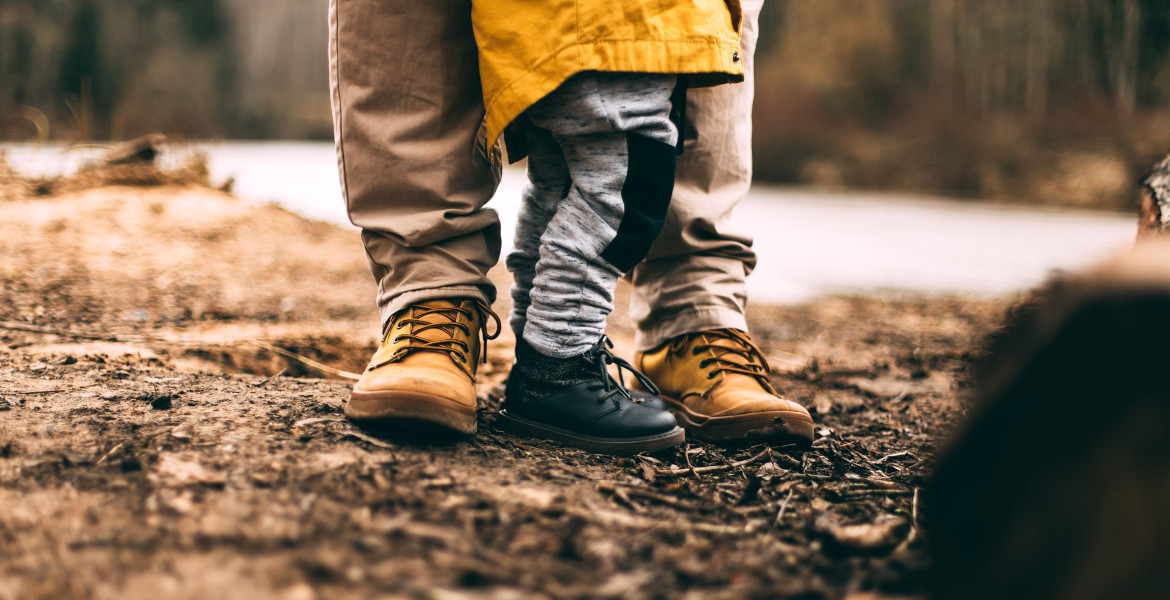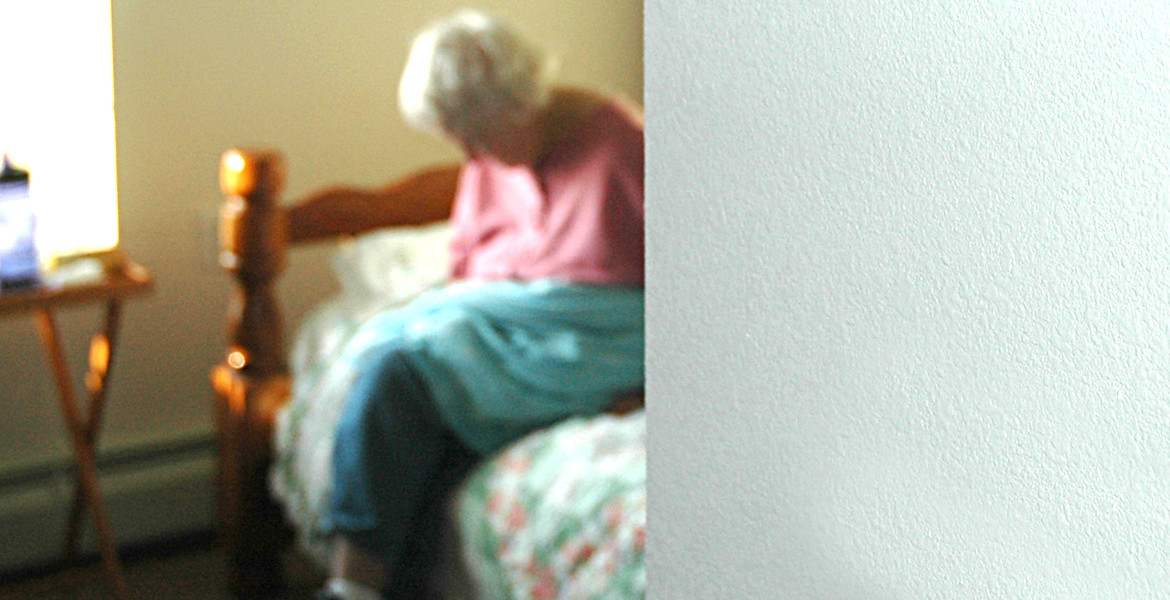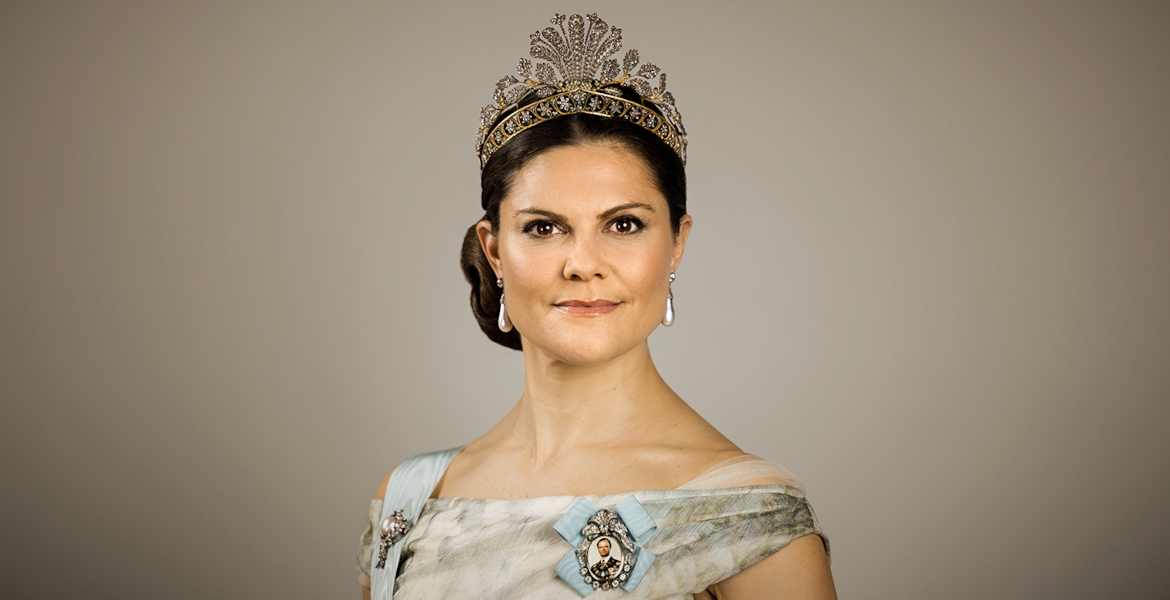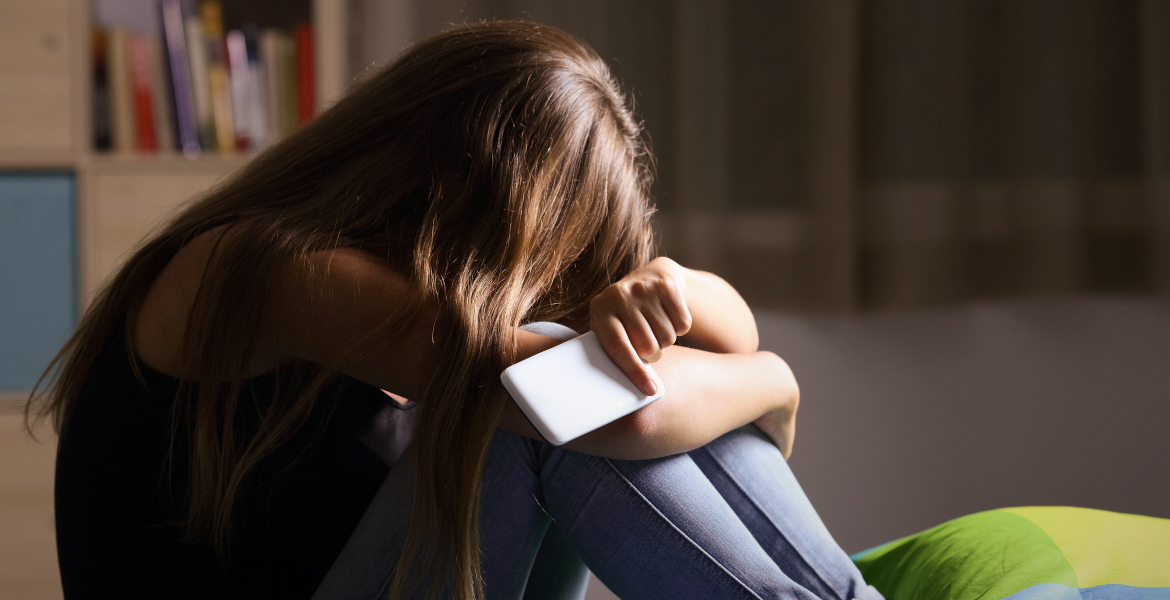20 percent of Swedes would not be able to pay a major unforeseen expense today, according to new statistics from SCB (Statistics Sweden). Among single parents, the figure is close to 50 percent.
In the SCB's Survey on Living Conditions (ULF - Undersökning om levnadsförhållanden), several questions are posed to measure material and social poverty, meaning that one cannot afford a certain standard of living. A household that cannot afford at least five of the indicators can be assessed as living in material poverty.
Nearly 1.7 million people in Sweden live in households without a cash margin, that is, the ability to pay an unforeseen expense of at least SEK 13,000, or about 1,130 euros.
– Of these, an estimated 187,000 are single adults with children. In this group, for example, it is more common than in the general population to find it difficult to make ends meet, says Helena Månsson, researcher at the SCB, in a press release.
Can't pay
In Sweden, 14 percent of all single parents with children live in material poverty, with 17.7 percent stating that they find it difficult, or very difficult, to make ends meet. About 13.2 percent of the same group say they are behind on payments.
Across the EU, 26 percent of all single parents with children live in material poverty.
The EU country with the highest material poverty is Romania, where 49 percent of single parents are said to belong to this group, followed by Greece with 47 percent, and Bulgaria with 46 percent.
The lowest proportion of single parents with material poverty can be found in Luxembourg, which has eight percent, and Italy, which is at 12 percent."
Measurement of material and social poverty
It means that one cannot afford a certain standard of living. This is measured by examining whether individuals can afford the following:
- Can pay unforeseen expenses of at least 13,000 kronor (in 2022) without borrowing or asking for help.
- Can afford a week's vacation per year.
- Can pay debts: mortgages, rent, bills, installment purchases.
- Can afford a meal with meat, chicken, fish or an equivalent vegetarian option every other day.
- Can afford to keep the house adequately warm.
- Has access to a car.
- Has access to the internet.
- Can afford to replace worn-out furniture.
- Can afford to replace worn-out clothes.
- Owns two pairs of shoes.
- Can afford to spend a small amount on oneself every week.
- Can afford to regularly participate in a recreational activity that costs money.
- Can afford to meet family or friends for a coffee or dinner at least once a month.
An individual who cannot afford five or more of these items lives in material and social poverty. A person who cannot afford seven or more of the items lives, according to the EU's definition, in severe material and social poverty.






